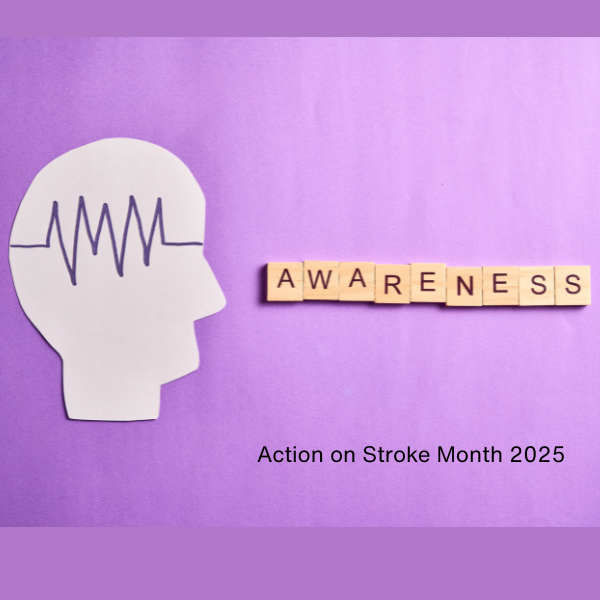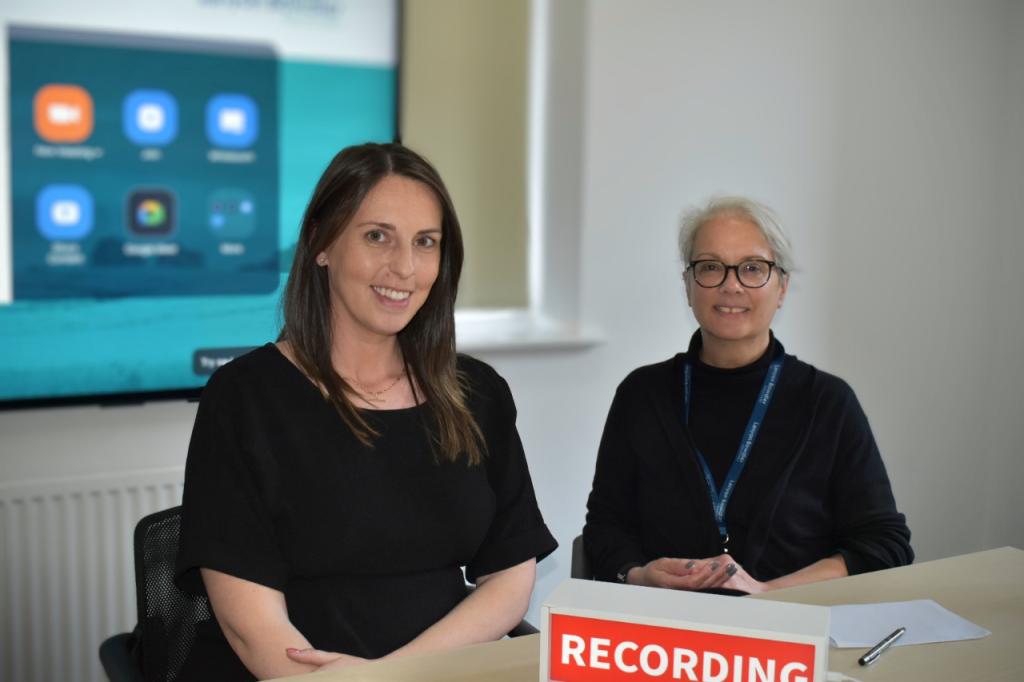Diabetes Negligence Compensation Claims.
Diabetes is a chronic condition requiring careful management in order to ensure patients have a good quality of life.
If diabetes is not managed effectively, complications can arise, which can have potentially dire consequences for patients.
Every individual diagnosed with a type of diabetes has the right to receive appropriate medical care and support, whether through the NHS or a private medical facility. If you have experienced negligent medical care relating to your diabetes, and your condition has been exacerbated as a result, our specialist solicitors can help you to claim the compensation you are entitled to.
What is Diabetes Negligence?
Diabetes negligence refers to any instances where healthcare providers fail to provide appropriate care and support to individuals with diabetes, which can cause harm or exacerbate their condition. Examples of diabetes negligence include:
- Misdiagnosis: Healthcare providers may incorrectly diagnose the type of diabetes, or may fail to diagnose diabetes altogether, which can lead to delayed treatment or mismanagement of the condition.
- Medication errors: This includes the administration of the wrong type or dosage of medication, either through prescription, dispensing, or administration errors, which can lead to adverse effects such as hypoglycemia or hyperglycemia, both of which can have serious health implications.
- Delayed treatment: When a patient is experiencing complications of diabetes, such as diabetic ketoacidosis (DKA) or hyperosmolar hyperglycemic state (HHS), delayed treatment can result in life-threatening situations, as these conditions require urgent medical intervention.
- Inadequate monitoring: Failing to monitor blood sugar levels regularly, or failing to respond appropriately to abnormal readings, can result in poorly controlled diabetes, which can increase the risk of complications.
- Lack of education and support: When healthcare providers fail to provide sufficient education and support to individuals with diabetes, this can lead to misunderstandings about medication management or lifestyle modifications, thus increasing the risk of complications.
- Failure to refer/failure to receive specialist care: In some cases, diabetes patients may require specialist care from endocrinologists, diabetes educators, or nutritionists. Patients with diabetes are often at risk of developing foot problems which, if not managed, can lead to serious complications such as foot ulcers, infections, and at worst, amputations. The failure of a healthcare provider to refer such patients for specialist treatment, or the failure to provide said specialist treatment, can lead to potentially life-changing complications developing.
- Neglecting comorbid conditions: Diabetes often coexists with other health conditions, such as hypertension, cardiovascular disease, or kidney disease. Failure to address such comorbid conditions in the context of diabetes management can lead to worsening health outcomes for the patient.
If you have experienced any type of negligent treatment from a healthcare professional which has exacerbated your diabetes or caused undue health complications, you may be entitled to claim diabetes negligence compensation. Please don’t hesitate to contact the team here at Lanyon Bowdler to find out how we can help you to claim what you deserve.
Our Diabetes Negligence Expertise
At Lanyon Bowdler, we offer a supportive and empathetic approach to your diabetes negligence claim. Our specialist medical negligence solicitors have the knowledge and expertise to ensure that you receive the most favourable outcome to your compensation claim, as well as offering you additional support as you navigate life after diabetes negligence. As well as helping to secure the money you are owed, we are also able to facilitate access to private medical treatments, equipment and therapies to aid you in your diabetes management.
We pride ourselves on taking the time to get to know you, ensuring we fully understand your situation and the hardships faced by you and your family. Our clients choose to put their trust in us due to our client-centric approach, and our supportive, friendly, and professional manner. Our holistic approach has also earned us high level accreditations from both The Legal 500 and Chambers UK.
The Medical Negligence Team is recognised in Tier 1 for the West Midlands in the 2025 edition of the Legal 500, which states ‘The ‘efficient and pragmatic’ team at Lanyon Bowdler adopts a ’truly personal approach’ when dealing with cases involving birth, brain and fatal claims. It also frequently handles high-value cases relating to amputations and spinal injuries’.
Chambers UK 2025 rank the department in Band 1 in the Midlands and state ‘Lanyon Bowdler Solicitors has an impressive practice group with a growing presence across the West Midlands. The team offers specialist advice across the full gamut of clinical negligence mandates, with particular experience in cases of surgical error, delayed diagnosis and failure to supervise those at risk of suicide. The firm is additionally skilled in cases relating to post-surgical negligence, brain injury and fatal claims.’
Our awards and accolades.
Your Diabetes Negligence questions answered
The symptoms of diabetes are similar to those of other conditions, such as high cholesterol and hypertension, so it may not always be easy to spot them. However, any of the following symptoms should warrant an urgent visit to your GP:
- Frequent urination
- Frothy/foamy urine
- Sweet smelling urine
- Extreme thirst
- Extreme hunger
- Unexplained weight loss
- Unexplained fatigue
- Increased irritability
- Blurred vision
- Slow-healing wounds
- Frequent gum, skin, or genitalia infections
- Type 1 Diabetes: This type occurs when the immune system mistakenly attacks and destroys the insulin-producing cells in the pancreas, which leads to the body producing little to no insulin. Type 1 diabetes is most commonly diagnosed in children and young adults, although it can develop at any age. Type 1 diabetics require lifelong insulin injections in order to regulate their blood sugar levels.
- Type 2 Diabetes: In type 2 diabetes, the body becomes resistant to insulin, or fails to produce enough insulin to maintain normal blood sugar levels. This type of diabetes is diagnosed most often in adults, although increasing numbers of children and adolescents are being diagnosed, especially in demographics with high rates of obesity and sedentary lifestyles. Type 2 diabetes can often be managed through lifestyle changes such as diet and exercise, as well as oral medications, or insulin therapy.
- Gestational Diabetes: Gestational diabetes occurs during pregnancy when the body is unable to produce sufficient insulin to meet the increased demands of pregnancy. It typically resolves once the woman has given birth, but women who develop gestational diabetes have an increased risk of developing type 2 diabetes later in life.
- Latent Autoimmune Diabetes of Adults (LADA): This is a type of diabetes which affects those in their 40s and 50s, and shares characteristics of both type 1 and type 2 diabetes. It involves an autoimmune response as in type 1, however, it tends to progress more slowly than type 1 diabetes, and is often misdiagnosed as type 2 diabetes due to its late onset.
- Maturity-Onset Diabetes of the Young (MODY): This is a rare form of diabetes which develops before the age of 30, and is caused by a mutation in one of the genes responsible for producing insulin.
- Prediabetes: This is a condition in which blood sugar levels are elevated above normal levels, yet not high enough to be considered diabetes. Prediabetes is an early indicator that an individual may develop type 2 diabetes if the condition is not monitored and managed effectively.
If left unchecked, high blood sugar levels can lead to various health complications affecting the eyes, kidneys, feet, nervous system, and cardiovascular system. Thus, effective management of diabetes through medication, lifestyle modifications, regular monitoring of blood sugar levels, and routine medical care is crucial in preventing complications.
Diabetes negligence can lead to various physical complications, including diabetic ketoacidosis (DKA), hyperosmolar hyperglycemic state (HHS), neuropathy, retinopathy, cardiovascular issues, kidney damage, foot problems leading to ulcers/infections/amputations, and in some cases it can even prove fatal. In addition to physical harm, negligence can also cause emotional distress and financial burden for patients and their families.
If you have received substandard care for your diabetes management and have experienced health complications or adverse effects as a result, you may have grounds on which to make a medical negligence compensation claim. Our specialist solicitors can discuss the situation with you in complete confidence and assess whether or not you have a viable claim
If you believe you have been a victim of diabetes negligence, you should speak to a solicitor who specialises in medical negligence, and the team at Lanyon Bowdler are on-hand to assist you.
Yes – if you have suffered harm due to negligent diabetes care you may be entitled to make a claim for compensation. This can help to cover things such as medical expenses, loss of income, lifestyle changes, and home adaptations which have become necessary due to diabetes complications. A compensation award will also take into account the physical and psychological impact of the negligent treatment, including the pain and suffering endured, as well as lasting psychological effects such as depression or PTSD.
In England and Wales, there are time limits for bringing medical negligence claims, typically within three years from the date of the negligent act, or from the date when the negligence was first discovered. It is essential that you seek legal advice promptly to ensure compliance with these time limits. If you are unsure as to the validity of your claim, please don’t hesitate to contact us and our medical negligence team will be happy to answer your questions.
What our clients say.
Contact our Diabetes Negligence Solicitors
As highly skilled Diabetes Negligence Solicitors, we work closely with medical experts to support our clients in diabetes compensation claims. Our specialist knowledge and partnerships have led to numerous successful claims for compensation for clinical negligence related to diabetes misdiagnosis, delayed treatment, and improper management.
Contact us for a friendly, confidential, and compassionate discussion about your case. Our initial assessment is free, and there is no obligation or upfront charge.
By choosing Lanyon Bowdler, you are assured of the best legal expertise. Our Diabetes Negligence team is widely recognised for its success in handling complex medical negligence claims. We are dedicated to providing exceptional client care and will work closely with you to achieve the best outcome, helping you regain control of your life.
We are a Law Firm in Wales, who has offices located in in Shrewsbury, Telford, Oswestry, Ludlow, Hereford, Bromyard and Conwy, so are able to act for clients all over Shropshire, Herefordshire, Mid and North Wales and across the Midlands (including Wolverhampton & Birmingham). No matter where you live in England or Wales, our expert team is here to support your diabetes compensation claim.
Meet the team.
Case studies.
Latest knowledge.
Get in touch.
"*" indicates required fields

 Back
Back





































 Case Study
Case Study







 Blog
Blog



 Podcast
Podcast






